Publications
Articles, publications, books, tools and multimedia features from the U.S. Institute of Peace provide the latest news, analysis, research findings, practitioner guides and reports, all related to the conflict zones and issues that are at the center of the Institute’s work to prevent and reduce violent conflict.

Frank Aum on the Need for Diplomacy with North Korea
In the 70 years since the Korean War armistice, mutual deterrence has emerged as the prevailing strategy for preventing conflict on the peninsula. But USIP’s Frank Aum says “deterrence is not an end … [it’s] supposed to buy time” for diplomacy, and the West has the power to restart dialogue with North Korea.
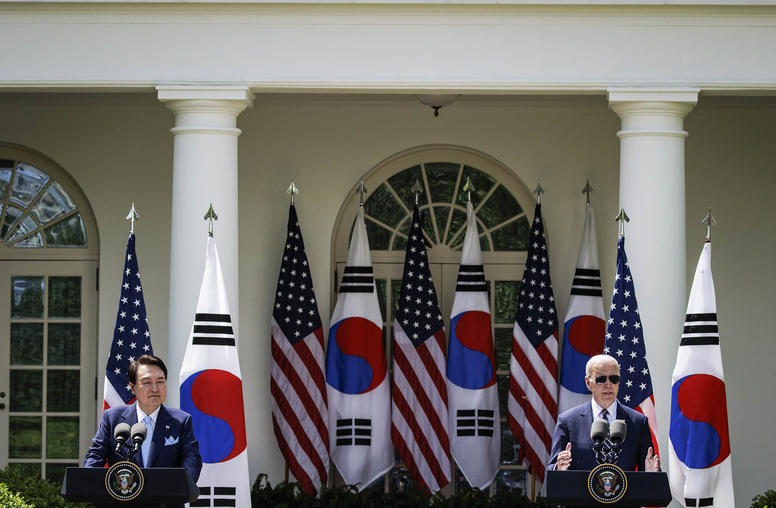
Will the ‘Washington Declaration’ Deter North Korea?
South Korean President Yoon Suk-yeol is in Washington this week as the United States and South Korea celebrate 70 years of bilateral ties. Yoon’s visit is only the second state visit hosted by the Biden administration and the first South Korean state visit in 12 years. While there have been some recent strains in the relationship over U.S. trade and semiconductor policy and Seoul’s support for Ukraine, the focus of the bilateral summit was on the threat posed by North Korea. Although the summit ostensibly achieved both sides’ desired security deliverables related to deterrence, reassurance and nonproliferation, these outcomes will likely not provide enduring solutions to the North Korea challenge.
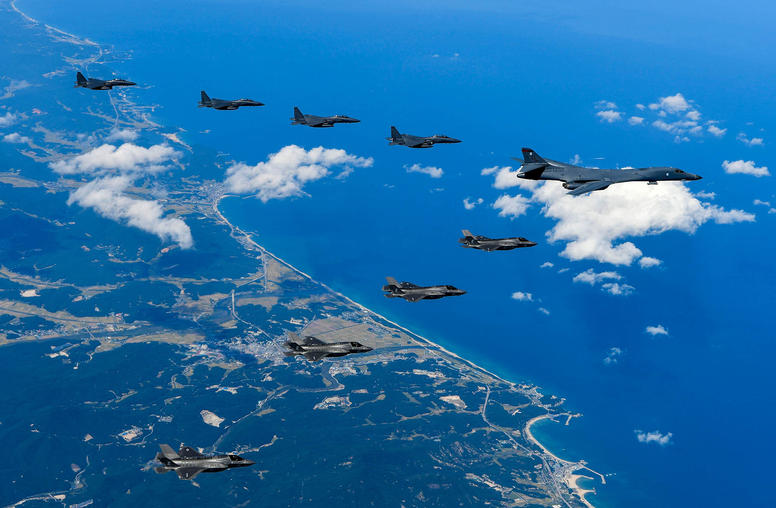
North Korean Arms Control Doesn’t Have to Conflict with Disarmament
There is a tension between limiting North Korea’s nuclear weapons program and pursuing the goal of a denuclearized Korean peninsula. To emphasize the former — through arms control and risk-reduction measures — can seem at times like a repudiation of the latter. Conversely, a focus on disarmament — still the core of U.S. policy — can seem outright fanciful given North Korea’s stunning technological advances. In North Korea, the United States faces a nuclear-armed state whose capabilities continue to expand despite international opposition and extensive economic sanctions. Disarmament simply isn’t in the cards right now.
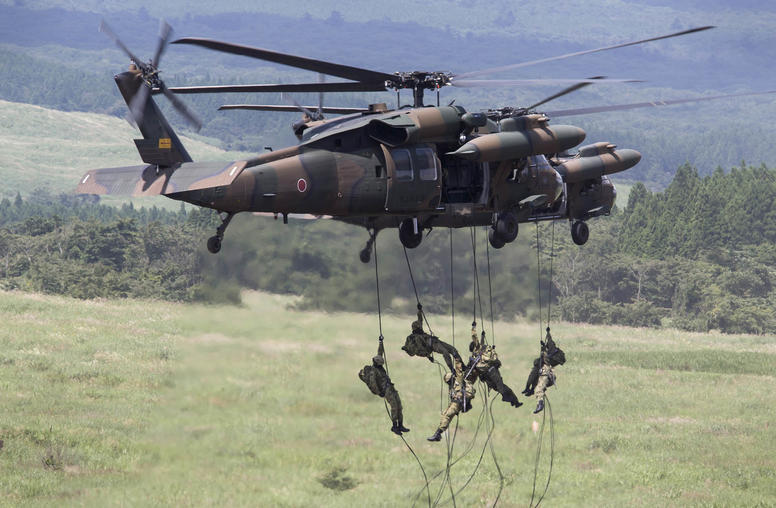
What You Need to Know About Japan’s New National Security Strategy
Japan released on Friday a new, robust national security strategy and complementary defense planning documents. The strategy is Japan’s first in nearly 10 years and only its second ever. The strategy navigates the country’s response to significant changes in the regional and global security environment, including Russia’s invasion of Ukraine, and reflect Japan’s growing sense of vulnerability vis-à-vis its immediate neighbors. USIP’s Mirna Galic looks at the new strategy and what it means for the region.
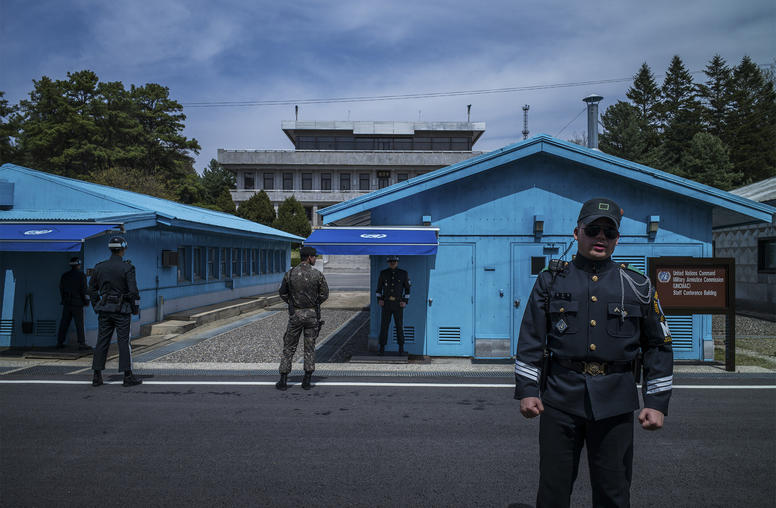
Incremental Denuclearization on the Korean Peninsula
Tensions are rising on the Korean Peninsula as many believe North Korea is planning to conduct the seventh nuclear weapons test in the country’s history and the first since 2017. South Korean President Yoon Suk-yeol has warned of an “unprecedented joint response” and called on China — North Korea’s closest ally — to dissuade Pyongyang from going through with the test. Amid this troubling geopolitical environment, USIP’s Frank Aum discussed the prospects for peace on the Korean Peninsula with Yonsei University’s Dr. Moon Chung-in.
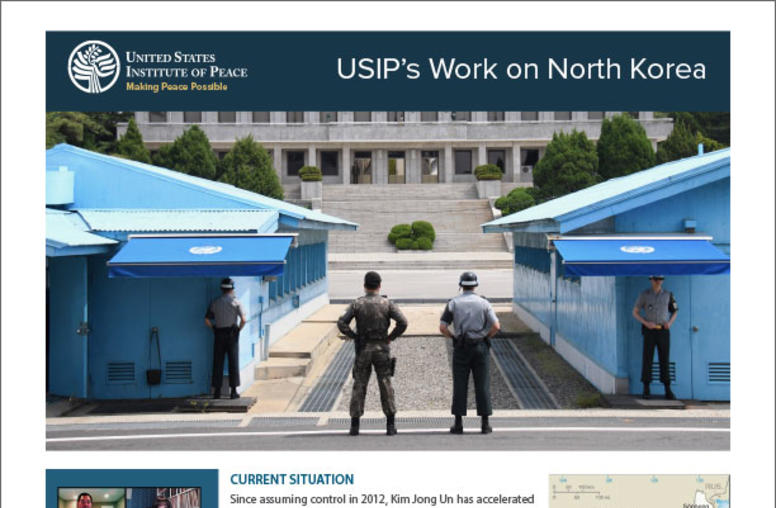
The Current Situation in North Korea
Since assuming control in 2012, Kim Jong Un has accelerated the development of a nuclear deterrent capability, conducting more nuclear and ballistic missile tests than his grandfather and father combined. In 2017, tensions escalated when North Korea conducted its sixth nuclear test and its first intercontinental ballistic missile test.
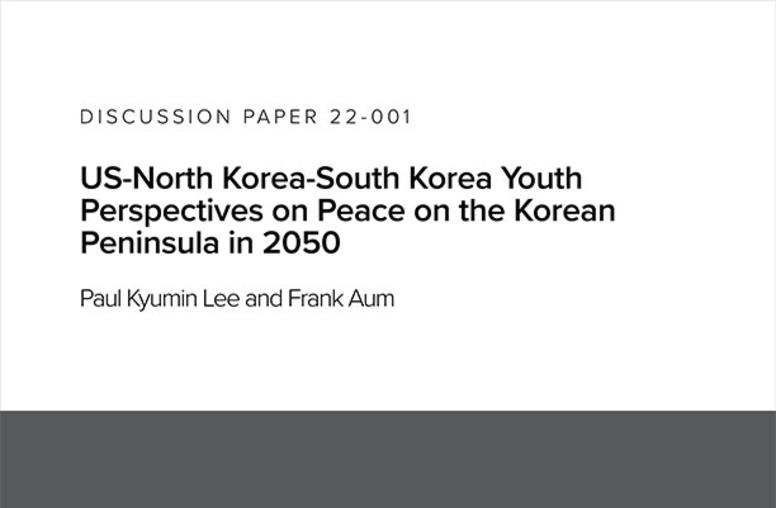
U.S.-North Korea-South Korea Youth Perspectives on Peace on the Korean Peninsula in 2050
This paper describes a virtual workshop on envisioning peace on the Korean Peninsula for youth from the United States, North Korea, and South Korea that was conducted over three days in January 2021. The workshop was designed, organized, and facilitated by the United States Institute of Peace, and participants were selected in partnership with Liberty in North Korea and the International Student Conferences' Korea-America Student Conference.

Frank Aum on North Korea’s Provocations
The recent escalation in North Korean missile tests and military exercises is Pyongyang's attempt at gaining leverage over the United States, says USIP's Frank Aum: "They want to create a crisis in order to pressure the United States back into talks on [North Korea's] terms."
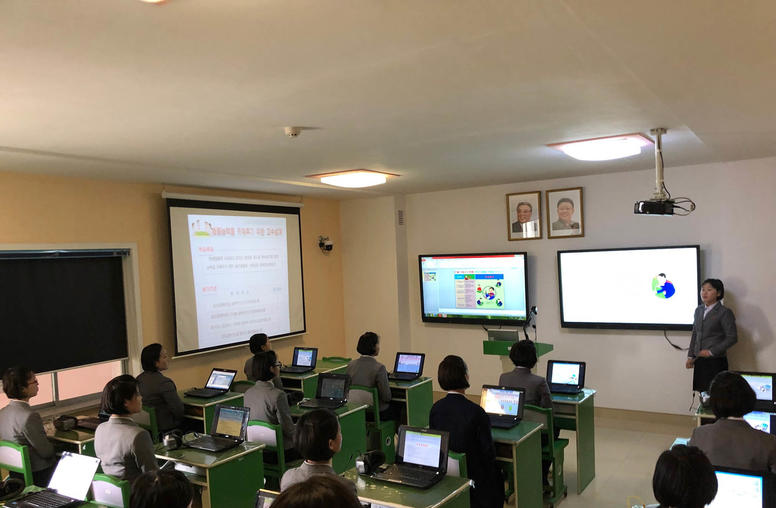
Education in North Korea: Playing the Long Game
For the last 30 years, U.S.-North Korea engagement has been erratic. Despite moderate success during the 1990s, the inconsistent nature of official engagement with North Korea over the last two decades has hindered sustained progress in improving bilateral relations and the welfare of North Korean civil society. More recently, the compounding effects of diplomatic and economic isolation caused by the U.S.-led global pressure campaign, an escalating array of multilateral and unilateral sanctions, the COVID pandemic and North Korea’s self-imposed border shutdowns have exacerbated the environment for economic and business engagement. At the people-to-people level, the barriers to engagement have even begun eroding relationships and local know how for many U.S.-based organizations.
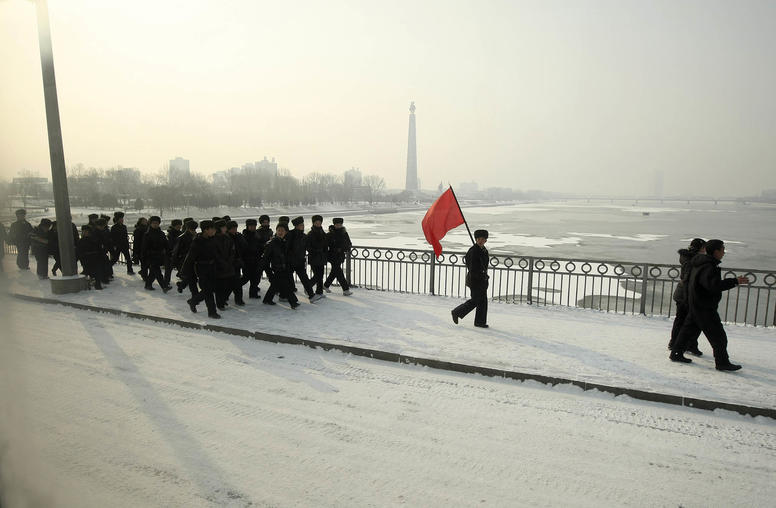
Could Climate Change Compel North Korea to Cooperate?
Like much of the rest of the world, North Korea is experiencing more frequent and more intense climate-related disasters. In the last few years, it has seen its longest drought and longest rain season in over a century. In 2021, the country’s reclusive dictator, Kim Jong Un, called for immediate steps to mitigate the dramatic impacts of climate change, which compound other challenges facing the country, like food insecurity. While North Korea is not exactly known for its efforts to cooperate with the international community, the severe threats posed by climate change could lead to broader engagement that serves Pyongyang’s interests, as well as the interests of the United States, South Korea and China, who all want peace and stability on the Korean Peninsula.